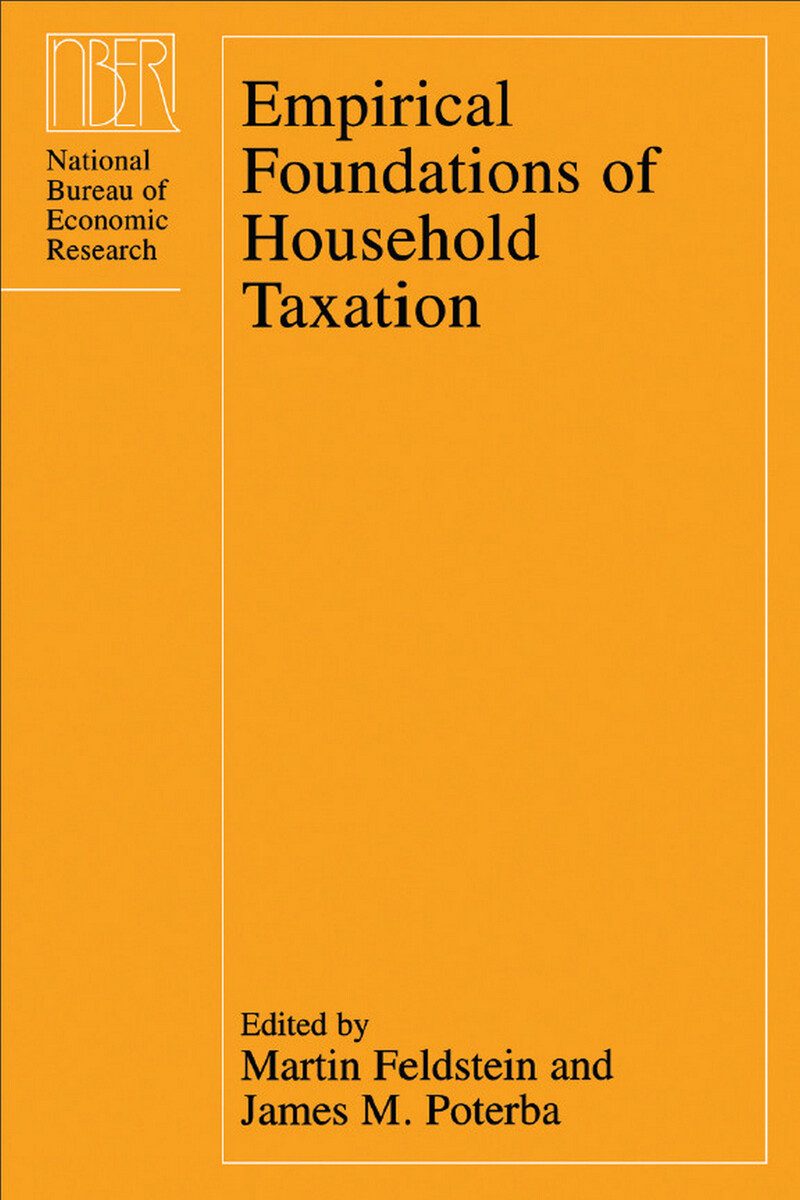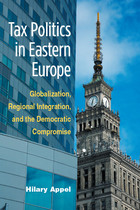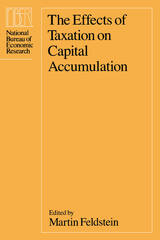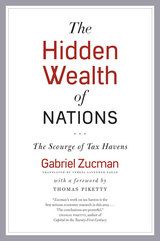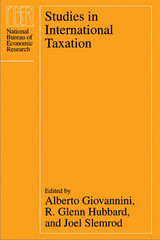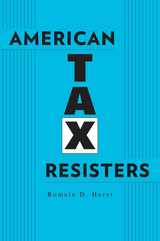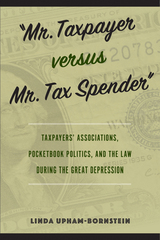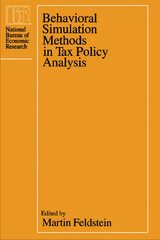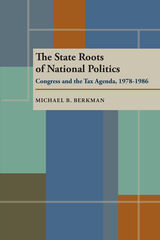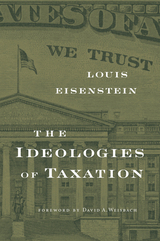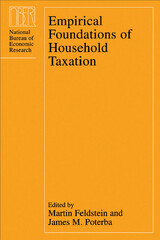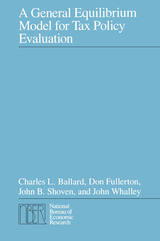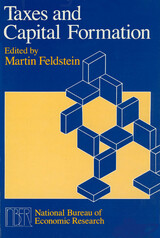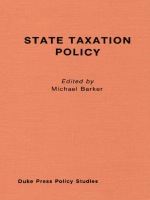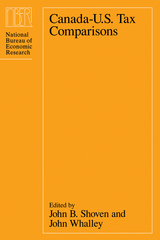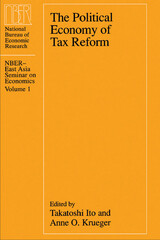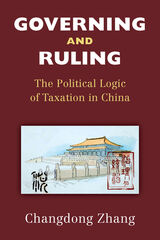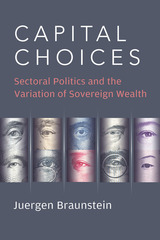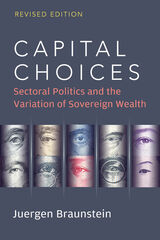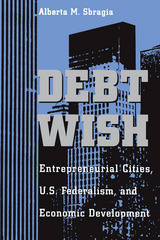Empirical Foundations of Household Taxation
University of Chicago Press, 1996
Cloth: 978-0-226-24097-8 | eISBN: 978-0-226-24190-6
Library of Congress Classification HJ2381.E49 1996
Dewey Decimal Classification 336.200973
Cloth: 978-0-226-24097-8 | eISBN: 978-0-226-24190-6
Library of Congress Classification HJ2381.E49 1996
Dewey Decimal Classification 336.200973
ABOUT THIS BOOK | TOC | REQUEST ACCESSIBLE FILE
ABOUT THIS BOOK
Tax policy debates—and reforms—depend heavily on estimates of how alternative tax rules would affect behavior. Yet there is considerable controversy about the key empirical links among tax rates, household decisions, and revenue collections.
The nine papers in this volume exploit the substantial variation in U.S. tax policy during the last two decades to investigate how taxes affect a range of household behavior, including labor-force participation, saving behavior, choice of health insurance plan, choice of child care arrangements, portfolio choice, and tax evasion. They also present new analytical results on the effects of different types of tax policy. All of this research relies on household-level data—drawn either from public-use tax return files or from large household-level surveys—to explore various aspects of the relationship between taxes and household behavior.
As debates about the effects of proposed tax reforms continue in the 1990s, this volume will be of interest to policy makers and scholars in the field of public finance.
The nine papers in this volume exploit the substantial variation in U.S. tax policy during the last two decades to investigate how taxes affect a range of household behavior, including labor-force participation, saving behavior, choice of health insurance plan, choice of child care arrangements, portfolio choice, and tax evasion. They also present new analytical results on the effects of different types of tax policy. All of this research relies on household-level data—drawn either from public-use tax return files or from large household-level surveys—to explore various aspects of the relationship between taxes and household behavior.
As debates about the effects of proposed tax reforms continue in the 1990s, this volume will be of interest to policy makers and scholars in the field of public finance.
See other books on: Feldstein, Martin | Households | Labor supply | Statistics | Taxation
See other titles from University of Chicago Press
